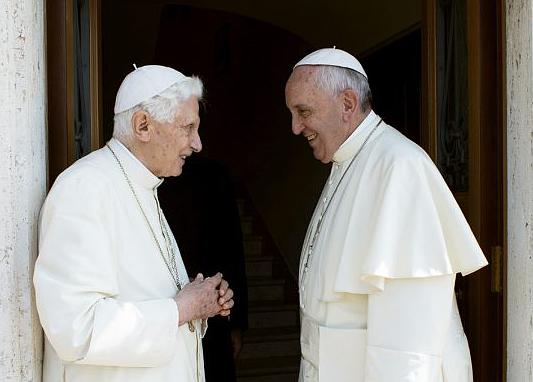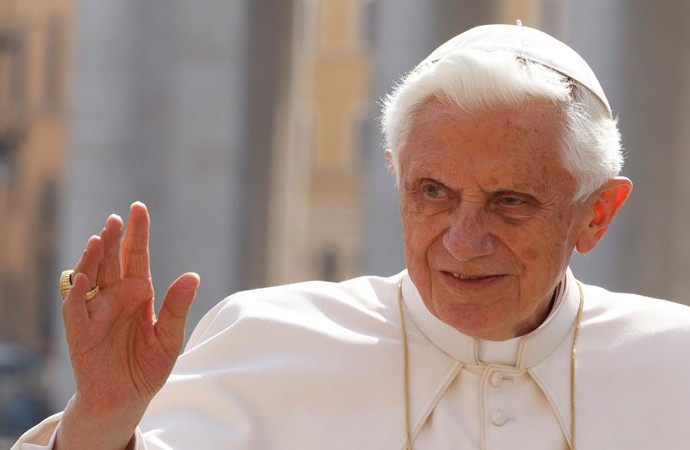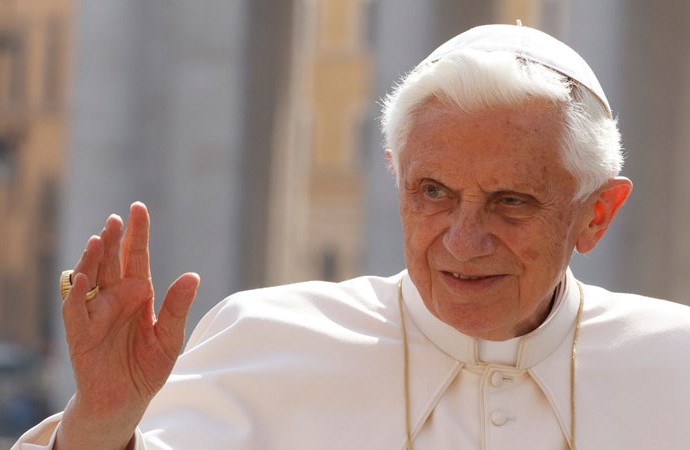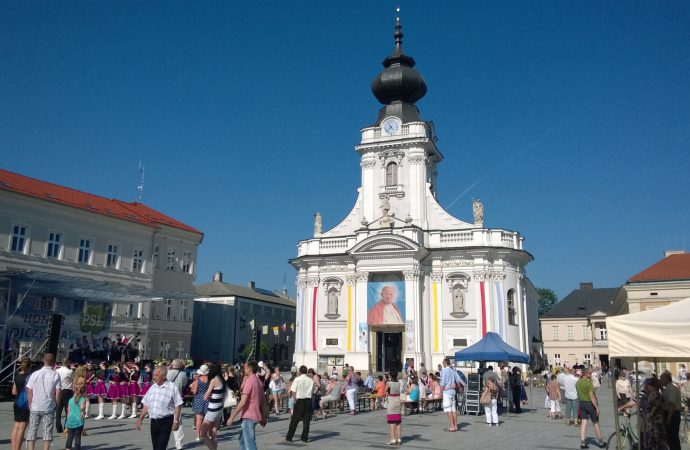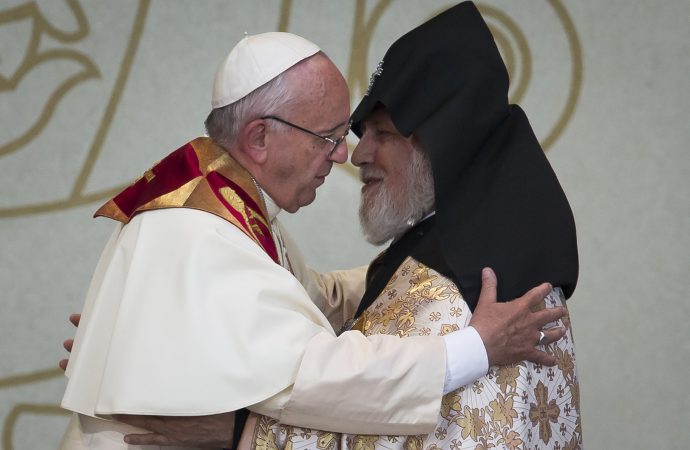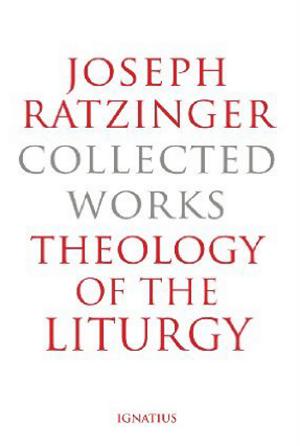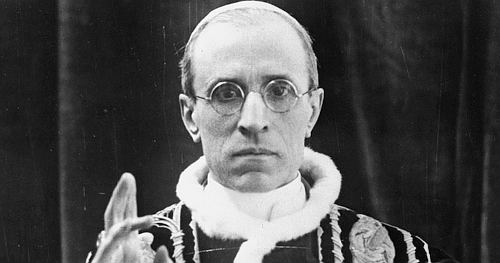Den hellige Stefan – 26. desember

Dette hører vi i dagens messe:
Inngangsvers
Himmelens porter åpnet seg for den hellige Stefan, den første av martyrskaren. Derfor jubler han i himmelen med seierens krone.
Kollektbønn
Herre, vi ber deg, hjelp oss å etterligne ham vi ærer, så vi kan lære å elske også våre fiender. For i dag feirer vi den hellige Stefans fødselsfest, han som du gav kraft til å be endog for sine forfølgere. Ved vår Herre Jesus Kristus …
Kommunionsvers
De stenet Stefan, som bad: Herre Jesus, motta min ånd.
Les alle messens bønner, antifoner og tekster her.
I dag sa pave Frans også dette i sin preken:
On the feast day of Christianity’s original martyr, Pope Francis issued a strong call not to forget the testimony of today’s victims of anti-Christian persecution around the world, a stunning number of whom have made the supreme sacrifice in recent years.
“Even today the Church, to render witness to the light and the truth, is beset in various places by hard persecutions, up to the supreme test of martyrdom,” Francis said on Monday.
“How many of our brothers and sisters in the faith suffer abuses and violence, and are hated because of Jesus!”
“I’ll tell you something,” the pope said. “The number of martyrs today is greater than in the early centuries [of the Church]. When we read the history of the early centuries, here in Rome, we read about so much cruelty to Christians. It’s happening today too, in even greater numbers.”“Today we want to think of them and be close to them with our affection, our prayer and also our tears,” the pontiff said. “In these days, in Iraq, the Christians celebrated Christmas in a cathedral that had been destroyed. That’s an example of fidelity.
“The hardships and dangers notwithstanding, they offer courageous witness by belonging to Christ, and they live the Gospel committing themselves in favor of the least, of the most overlooked, doing good to all without distinction. …



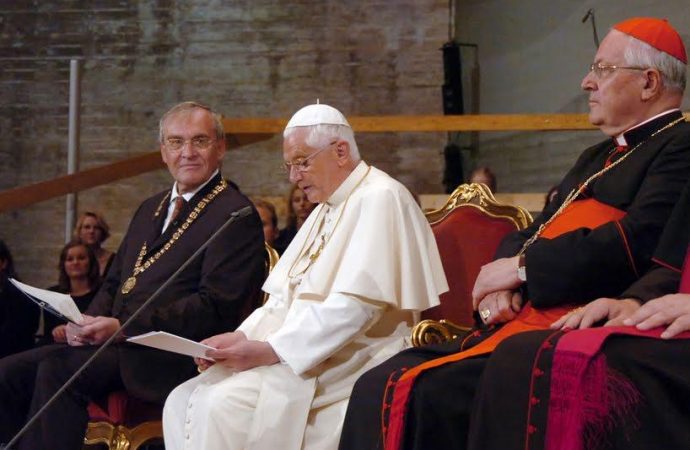
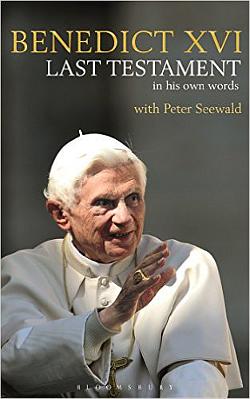 Intervjuboka med pave emeritus Benedikt
Intervjuboka med pave emeritus Benedikt 